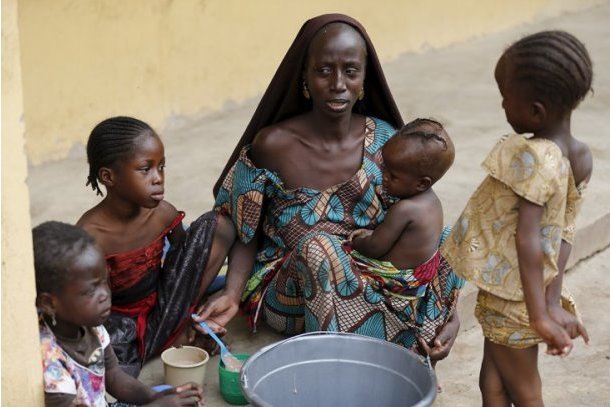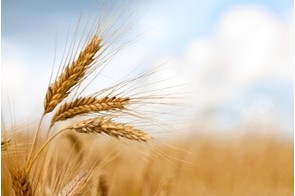FAO says 5.3 million people need food assistance in northern Nigeria

Summary
The FAO says ongoing civil insecurity impedes market functionality and food access to vulnerable households.
The Food and Agriculture Organisation of the United Nations (FAO) has released its quarterly global report on Crop Prospects and Food Situation, showing that about 5.3 million people in areas of persistent conflicts in northern Nigeria were assessed to be in need of assistance between June and August.
The report, released on Thursday, says ongoing civil insecurity impedes market functionality and livelihood activities, thereby limiting food access to vulnerable households. Globally, the FAO report says 39 countries need external assistance for food. They include 31 African countries, seven Asian countries and one country in Latin America and the Caribbean.
According to the UN agency, civil conflicts, population displacements coupled with extreme climate events continue to hinder food access to vulnerable populations in Central African Republic (CAR), South Sudan, Syria, Yemen and other countries. About 17.8 million Yemenis and two million people in CAR need humanitarian assistance.
FAO also said that unfavourable weather conditions in Southern Africa have curbed cereal production in 2018, heightening food insecurity, while abundant rains in East Africa boosted production but resulted in flooding.
Similarly, North Africa’s favourable weather resulted in increased production, while in the continent’s West, harvest are expected to normalise.
Against this backdrop, FAO’s forecast of global cereal production, a quintessential part of human diet, is pegged at 2,587 million tonnes – 1.2 million tonnes upward revision since July. This is 64.5 million tonnes, or 2.4 percent, below last year’s record high of 2,652 million tonnes estimate.
Cereal production in 52 Low-Income-Food-Deficit-Countries in 2018 is projected to be around 491 million tonnes, of which 121.5 million tonnes will come from Africa.
Among the 39 countries in need of external food assistance are Burkina Faso; Burundi; Cape Verde; Cameroon; CAR; Chad; Congo; DR Congo; Djibouti; Eritrea; Eswatini; Ethiopia; Guinea; Kenya; Lesotho; Liberia; Libya; Madagascar; Malawi; Mali; Mauritania; Mozambique; Niger; Nigeria; Senegal; Sierra Leone; Somalia; South Sudan; Sudan; Uganda; and Zimbabwe.
Last month, FAO’s representative in Nigeria, Suffyan Koroma, had disclosed the plan of the UN agency to establish 100 Farmer Field Schools (FFS) to boost agricultural production in north-eastern communities in the country. The communities are in Adamawa, Bornu and Yobe State.
The FFS initiative brings together farmers, herders or fisher-folk, to learn sustainable production practices and understand complex agro-ecosystems and ecosystem services. It also provides support for the farming households at risk the most.
Related
-
Renewed threat to bees will undercut food security, ecosystem
The EPA’s decision – which threatens the bee population – will deprive many of the health benefits of ...
-
Russia War in Ukraine and Africa’s food security
Russia’s war in Ukraine has resulted in about 40 percent increase in the price of bread in Cameroon, according to a ...
-
IFPRI report examines current status of nutrition in Africa, advocates dietary reforms
The title of the report is, "Achieving a nutrition revolution for Africa: The road to healthier diets and optimal ...







